UN report on 45 countries including Sri Lanka on reprisals presented to HRC Geneva
The UN Assistant Secretary-General for Human Rights, Ilze Brands Kehris, on Wednesday presented the UN’s annual report on reprisals to the Human Rights Council in Geneva.
The report by the UN Secretary General documents allegations of reprisals and intimidation against some 240 individual members of civil society, activists and journalists in 45 countries for cooperating with the UN. The report also covers Sri Lanka.
Regarding Sri Lanka the report said;
“In February 2021, the High Commissioner for Human Rights noted that “a pattern of intensified surveillance and harassment of civil society organizations, human rights defenders and victims appears to have intensified over the past year, including of those who supported the implementation of Human Rights Council resolution 30/1,” which “is creating a chilling effect on civic and democratic space and leading to self-censorship” (A/HRC/46/20, para. 32).
Further to the adoption of resolution 46/1 by the Human Rights Council in March 2021, a senior government official accused civil society activists and members of the political opposition in state-owned media of being “traitors” for their cooperation with UN human rights mechanisms.
On 10 August 2021, the Government responded.”
The UN report referring to the 45 countries said that Many cases were reported anonymously, because of fear of additional acts of reprisal. The report also documents cases of around 50 individuals who experienced detention during the reporting period, while others involved house arrest.
In her statement to the Human Rights Council Brands Kehris highlighted four main trends, including monitoring and surveillance of individuals and groups who cooperate or attempt to cooperate with the UN; possible patterns that have emerged over time in certain countries, including many individuals charged in relation to their cooperation with the UN and victims of reprisals who have been detained; the use of restrictive legislation to prevent or punish such cooperation; and the increasingly challenging or repressive environments which are deterring people from even reporting their experiences.
The 45 countries referred to in the 81-page report (which covers the period from 1 May 2020 to 31 April 2021) are:
Andorra, Bahrain, Bangladesh, Belarus, Burundi, Cambodia, Cameroon, Central African Republic, China, Colombia, Cuba, Djibouti, DRC, Egypt, Ethiopia, Guatemala, India, Indonesia, Iran, Iraq, Israel, Kuwait, Laos People’s Democratic Republic, Libya, Maldives, Mali, Mexico, Morocco, Myanmar, Nicaragua, Pakistan, Philippines, Russian Federation, Saudi Arabia, South Sudan, Sri Lanka, State of Palestine, Syrian Arab Republic, Tanzania, Thailand, Turkmenistan, UAE, Venezuela, Viet Nam, and Yemen.
-
Still No Comments Posted.



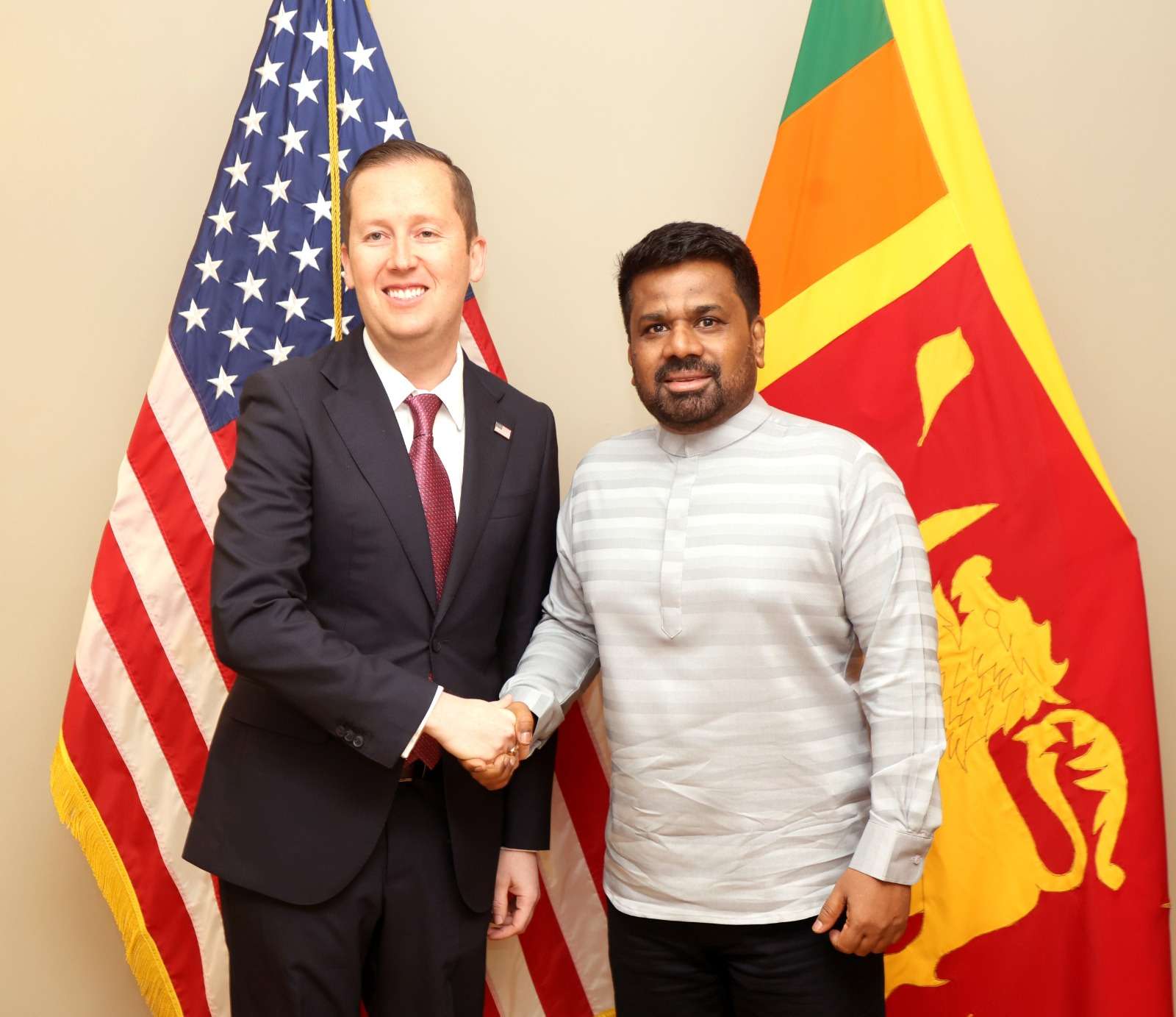

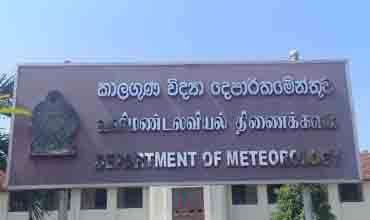
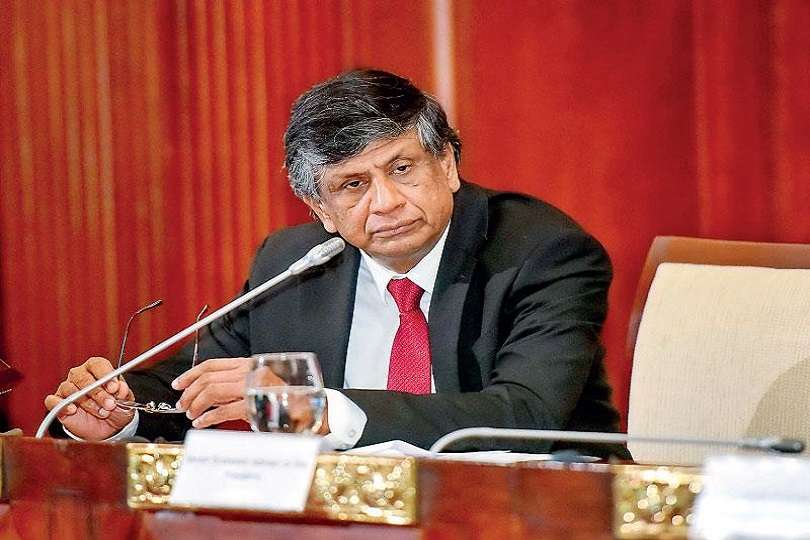
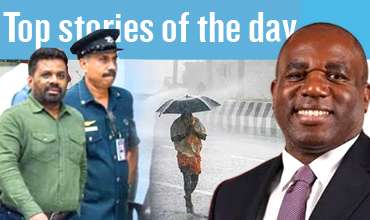
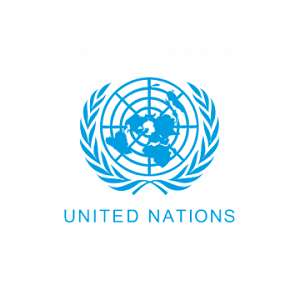






Leave Comments